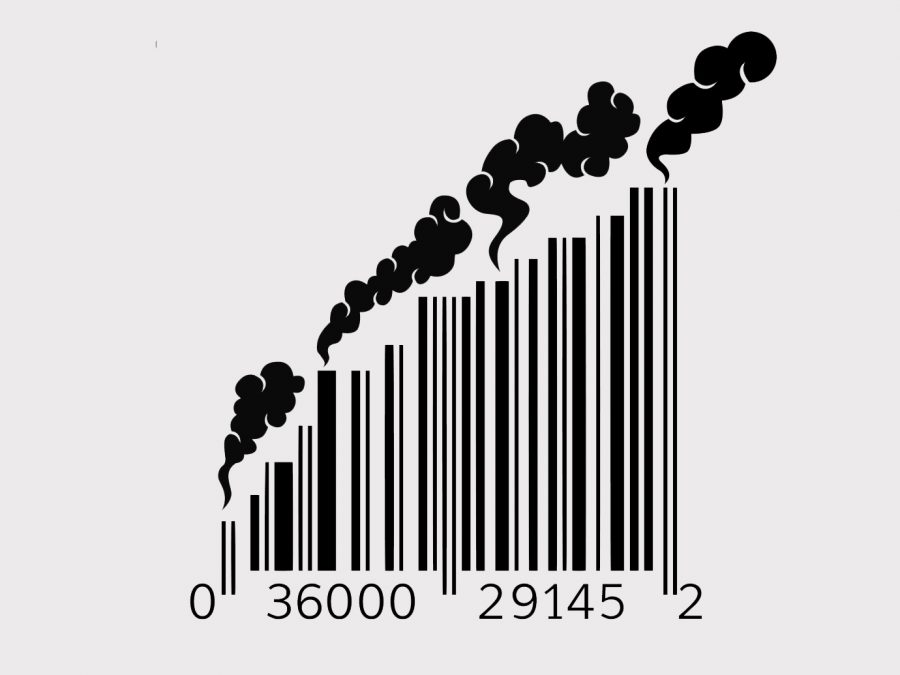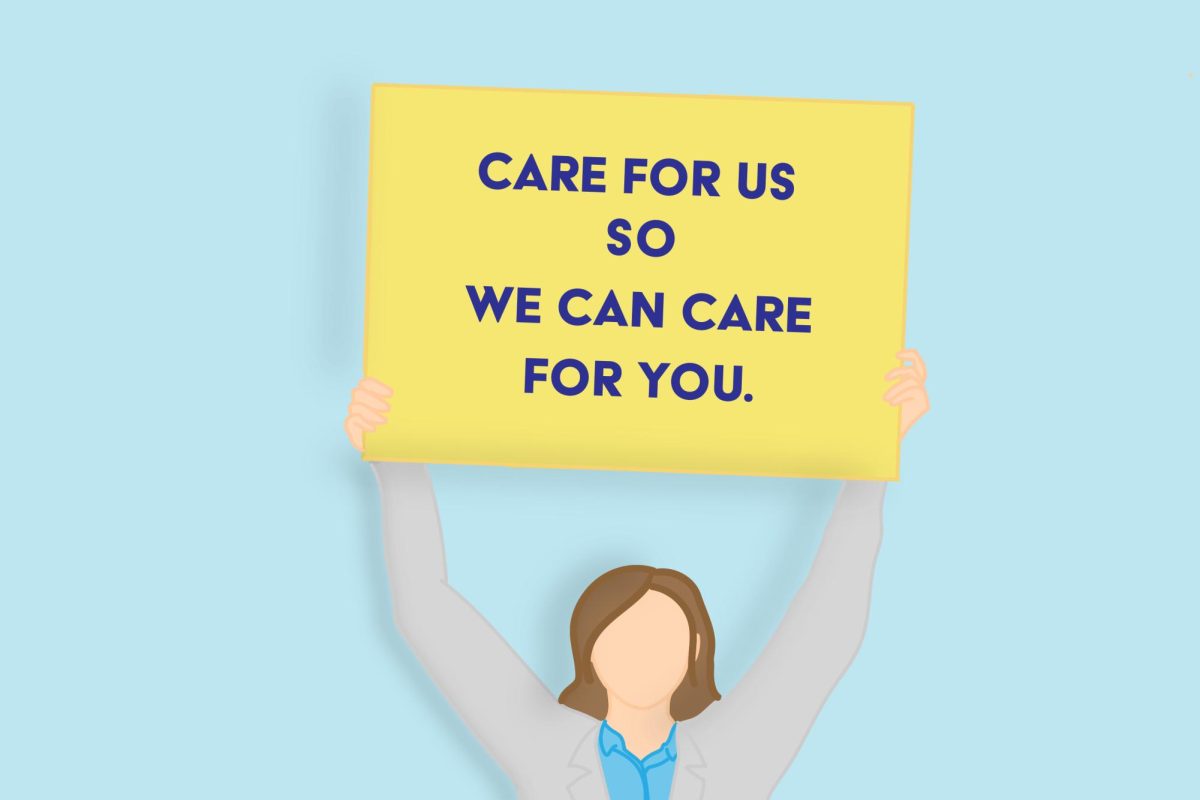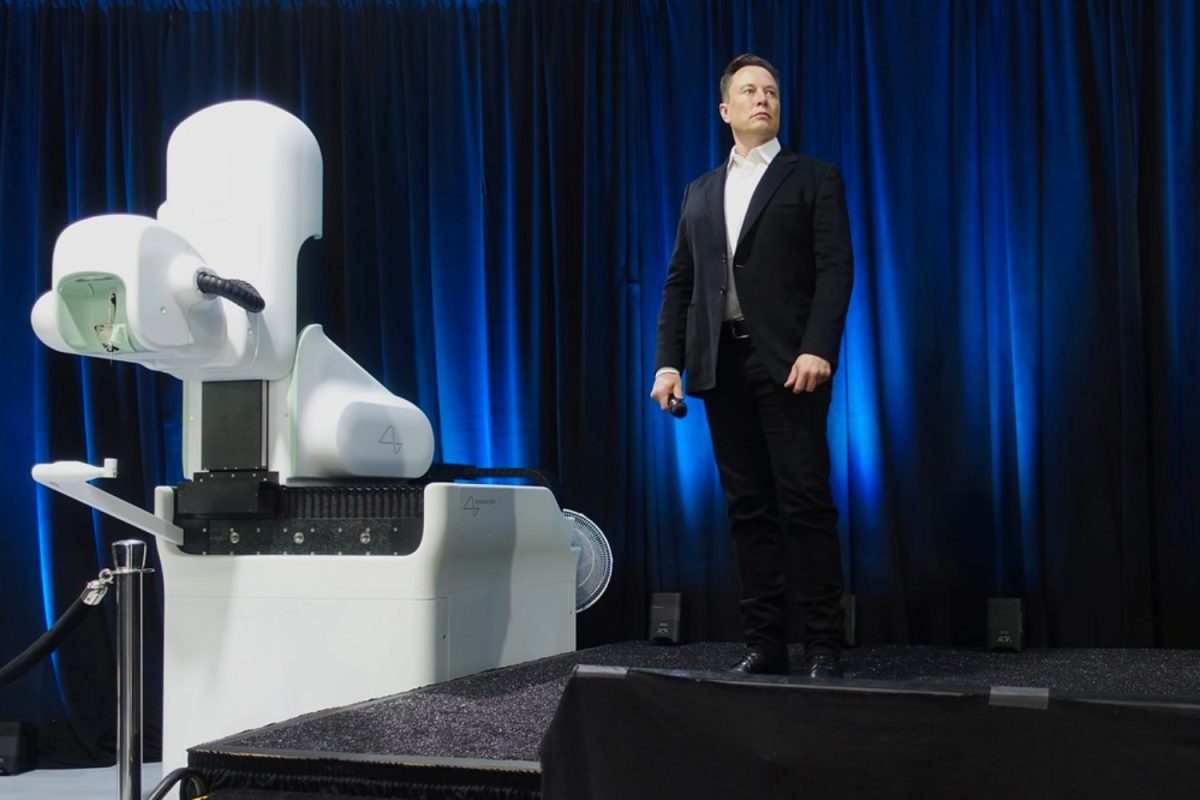Money. Profit.
It drives all of us. It’s hard to ignore — after all, society is set up like this. The majority of the world works until they can’t anymore. Go to work, go home, eat, sleep, repeat. It’s a process, a system if you will; we have to have money to survive, which means what we do with that money is essential to our future.
As Greta Thunberg once put it, “We are in the beginning of a mass extinction, and all you can talk about is money and fairy tales of eternal economic growth.”
Like her or not, she has a point. Our society is driven by money, so much so that economic growth is more important than our own environment and future.
Sure, the earth’s climate fluctuates; however, scientists are saying we’re going through the sixth mass extinction, and the crazy part is that hardly anyone is doing anything about it.
Now, why is that?
Consumerism and profit control our society. Money motivates everyone. Out of the 10 most profitable companies, five are in the fossil fuel industry. According to the Carbon Major’s Database, only 100 companies are responsible for 71% of all greenhouse gas emissions. It’s not the average human that causes this — it’s the work of billions.
Companies search for the cheapest items to make their goods and to make the most profit. However, the cheapest goods are oftentimes not clean. One of the leading examples of this is plastic. According to Plastic Pollution, plastic makes up 80% percent of all pollution, and over 300 million tons are produced each year, 50% of which are for single-use purposes. Plastic is cheap, durable, malleable, and never goes away. Sounds great from a business standpoint but is the exact opposite from an environmental standpoint.
Plastic does not degrade; it just breaks down into smaller and smaller pieces. According to Seastewards, about 70% of plastic in the ocean sinks to the floor. There, these pieces, called microplastics, absorb toxins, concentrating it into poison. They then find their way into the food system, going from marine life to humans.
So not only is plastic poisoning our oceans and animal life, but it’s also poisoning us. About 14 billion pounds of trash goes into our oceans every year, the majority of which is plastic. Single-use plastics on their own make up around 50% of all plastic waste. So how do we fix this?
According to scientists, in order to limit global warming to 1.5°C, we must limit our consumption-based emissions by 50% by 2030 and 80% by 2050. However, with little incentive from both governments and businesses, the average human seemingly cannot do much, meaning that any change needs to happen globally.
The 2017 breakdown of where greenhouse gas emissions come from can be significantly reduced by conscious consumerism. Put simply, it will require personal sacrifices from our entire world. We will have to fly less, drive less, and start using public transport and greener ways more. We will have to eat less red meat, waste less food, use sustainable products, and, in general, just buy less of what we don’t need.
Every day, we vote with our dollar. Our actions and receipts speak loudly for us, and honestly, we need them to speak of a cleaner, better future.














